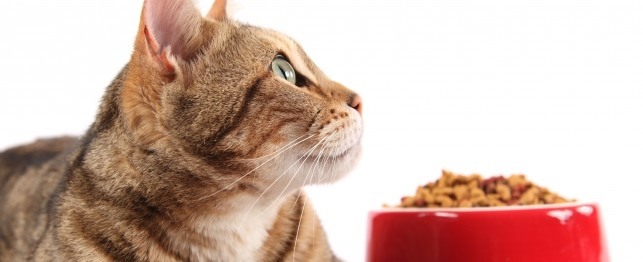

Cats
Overview of Decreased in Appetite in Cats
There are many causes a cat may have a decreased in appetite or "lack of appetite". Some cats don't want to eat or aren't able to eat.
Veterinarians that evaluate cats with a decrease in appetite categorize this symptom under anorexia. Anorexia is a term used to describe the situation where a cat loses his appetite and does not want to eat or is unable to eat.
Often, a decrease or loss of appetite is the first indication of illness in cats. Diseases of the digestive system, the kidneys, the blood, the eyes, mouth, nose, and throat, the skin, the brain, and many other organs in the body can cause a loss of appetite. Cats will also stop eating if they are experiencing pain of any cause.
Alternatively, cats will occasionally refuse food for reasons that are much less serious, such as dislike for a new food, or behavioral reasons (new home, new animal or new person in household, etc.) and stress.
Regardless of cause, loss of appetite can have a serious impact on your cat's health if it lasts 24 hours or more.
Because of the numerous causes of anorexia in cats, your veterinarian will recommend certain procedures to pinpoint the underlying problem. These may include:
Copyright © 2005-2016 Pet Information All Rights Reserved
Contact us: www162date@outlook.com